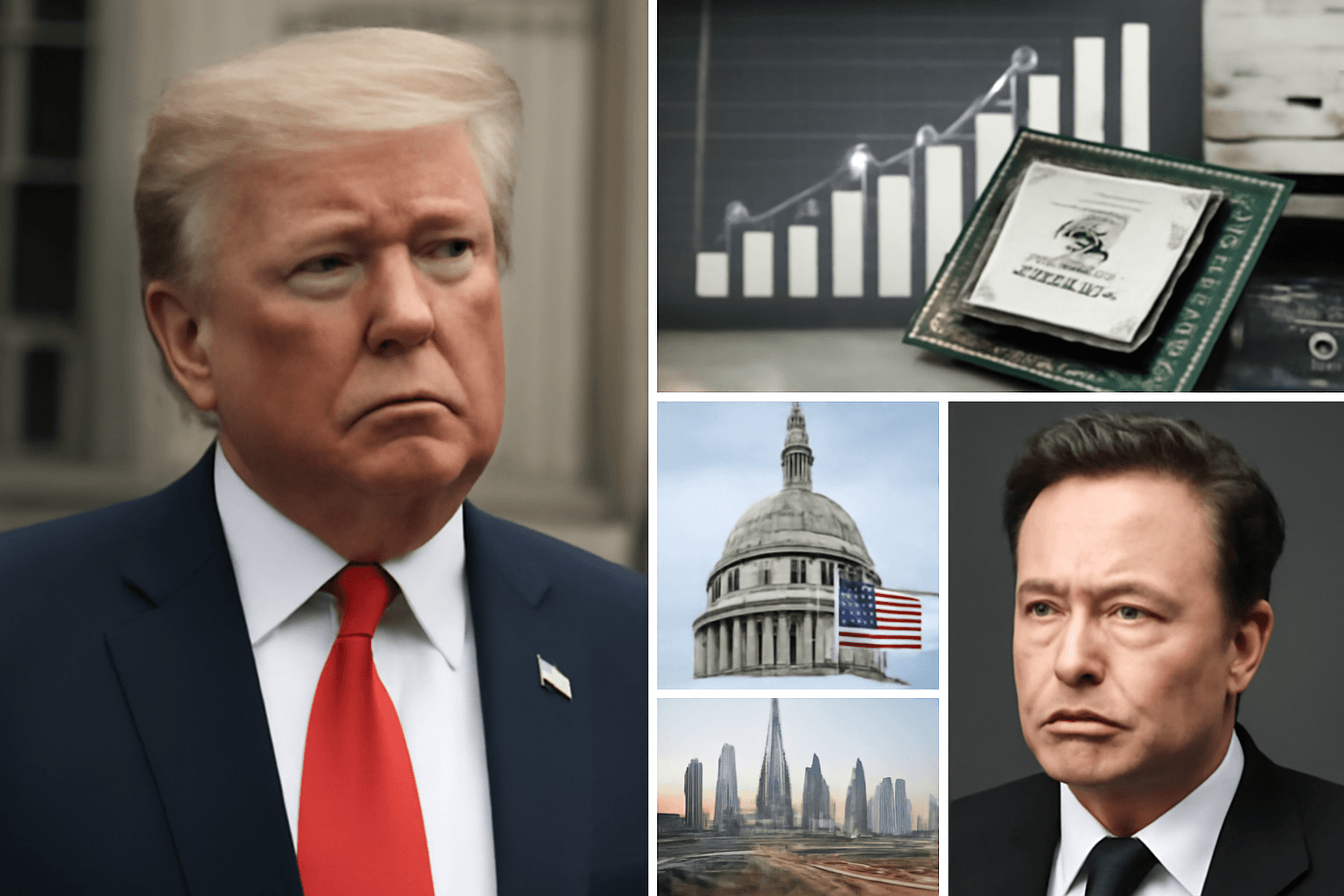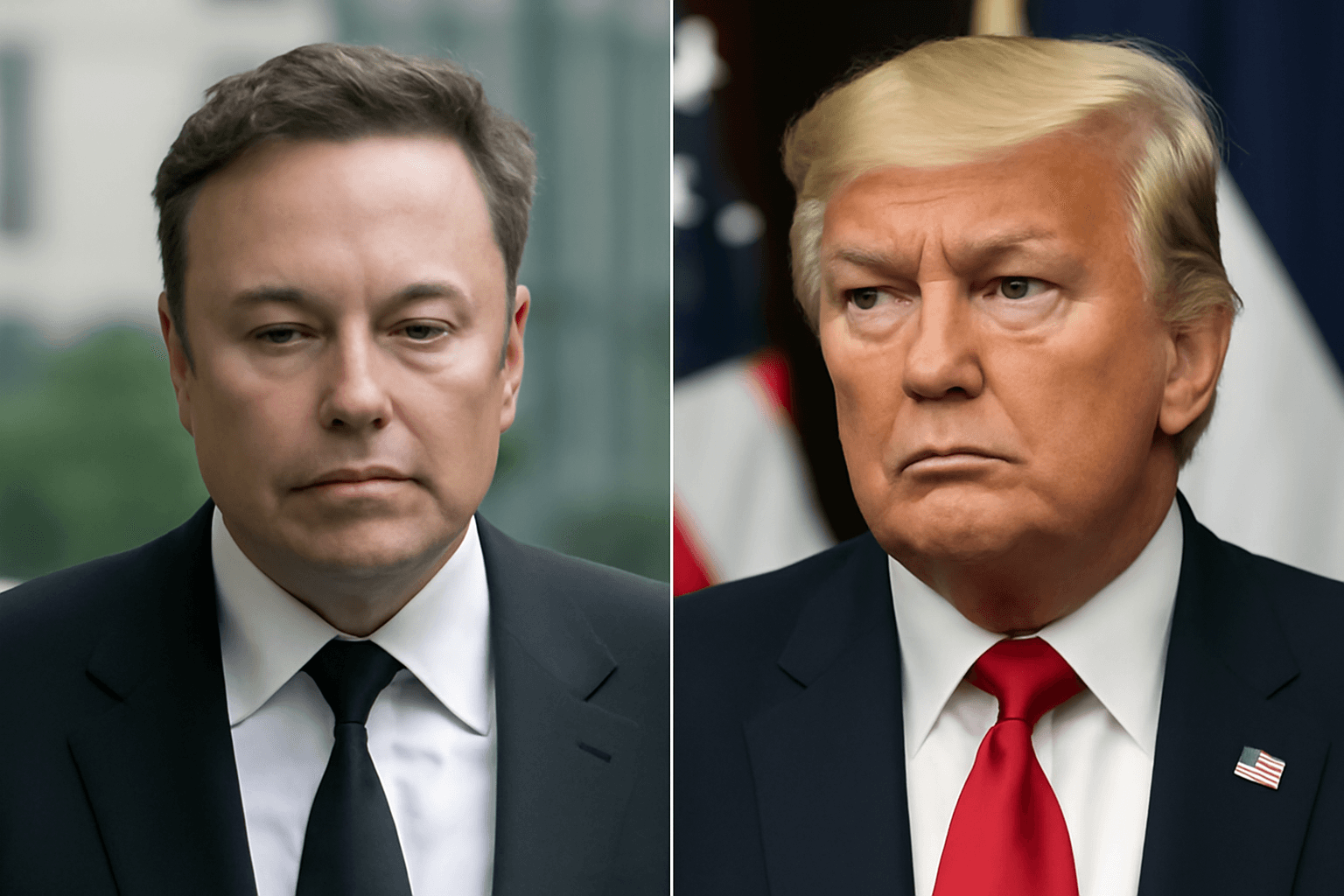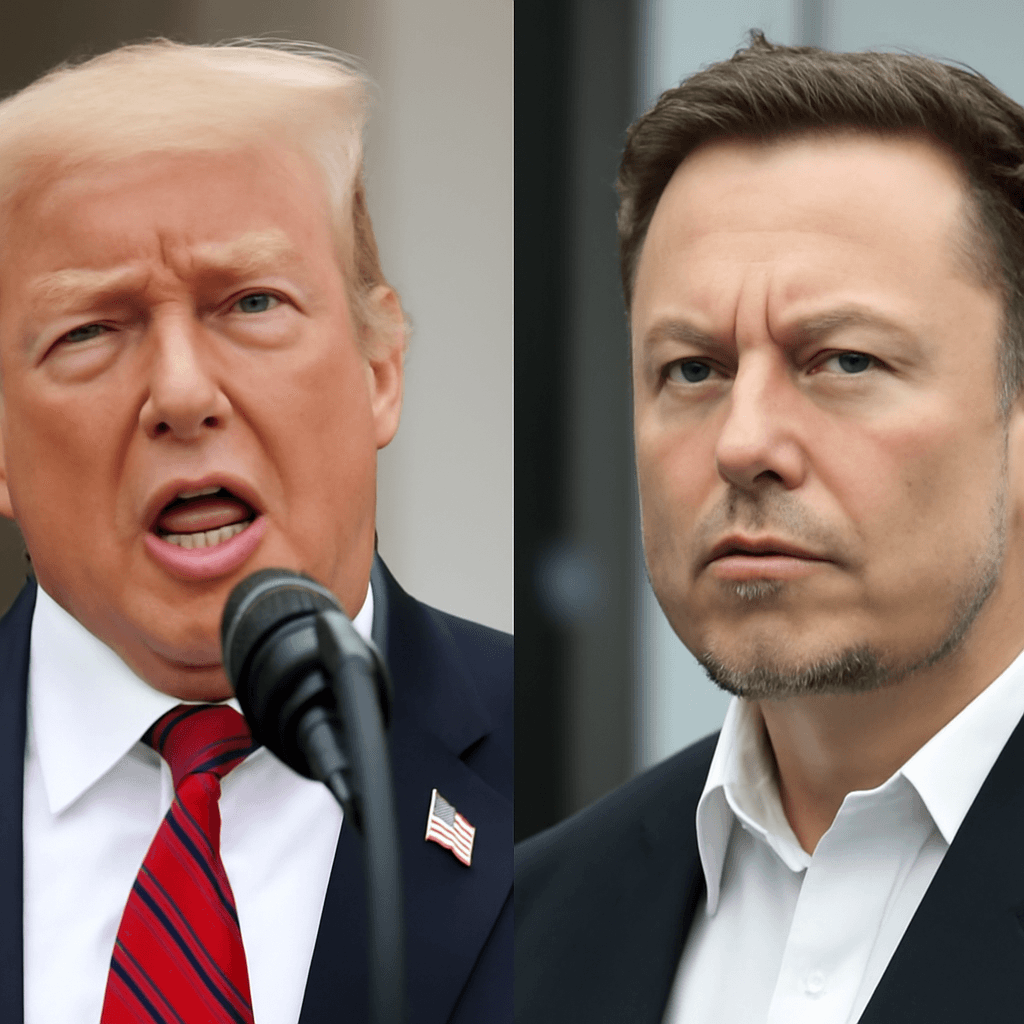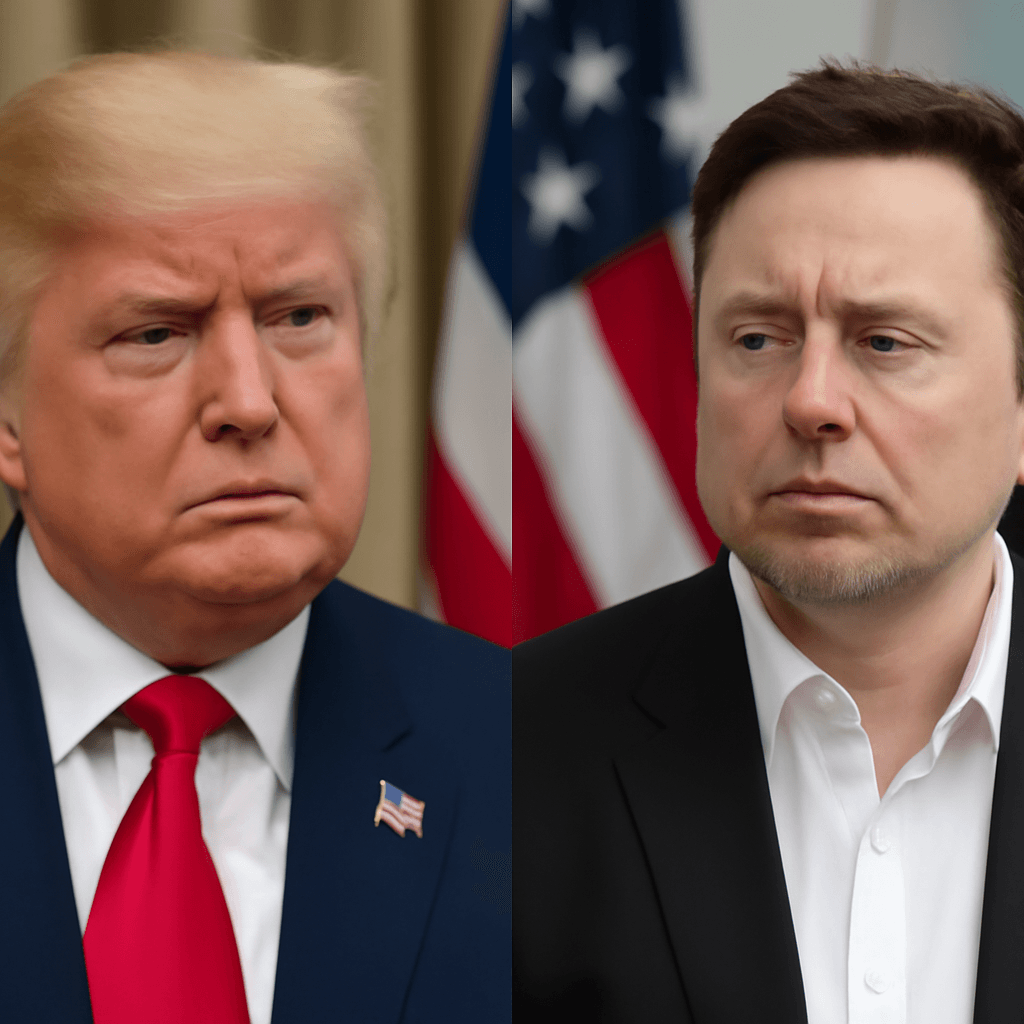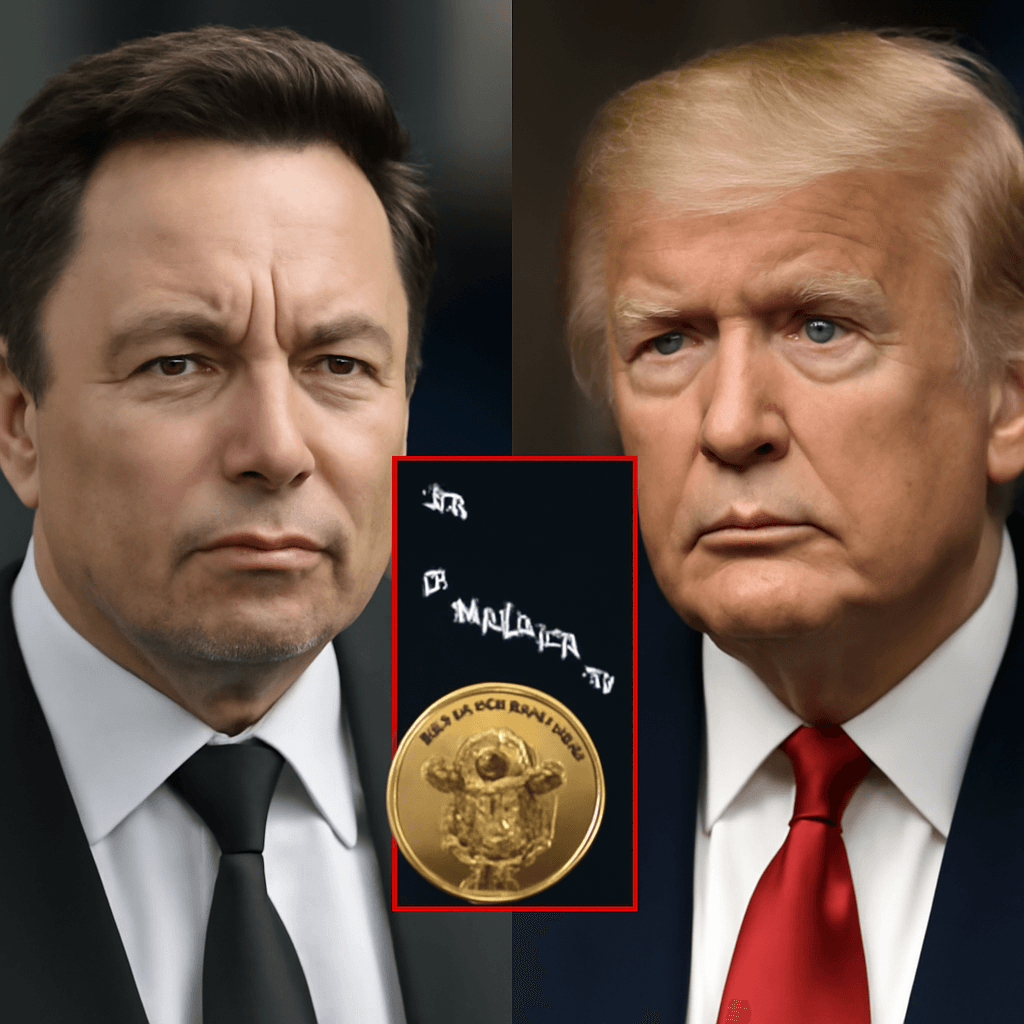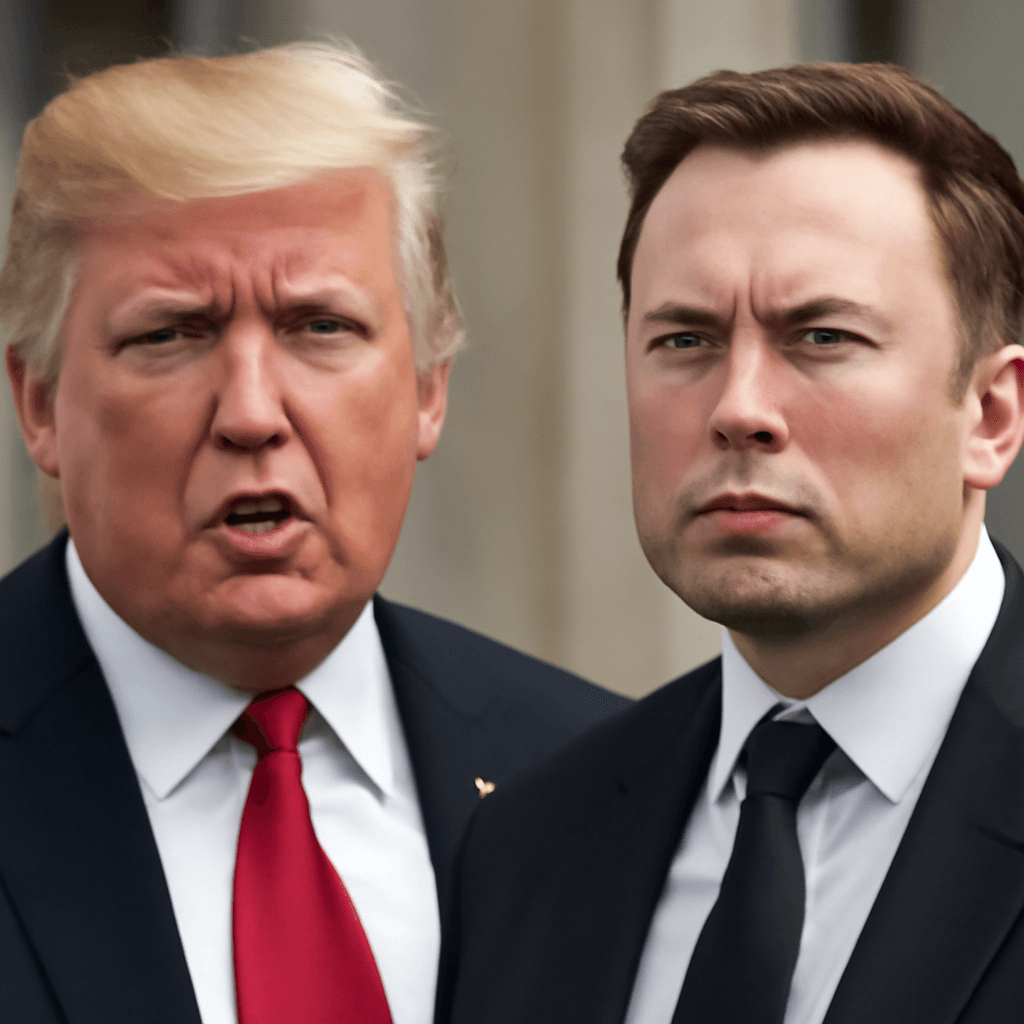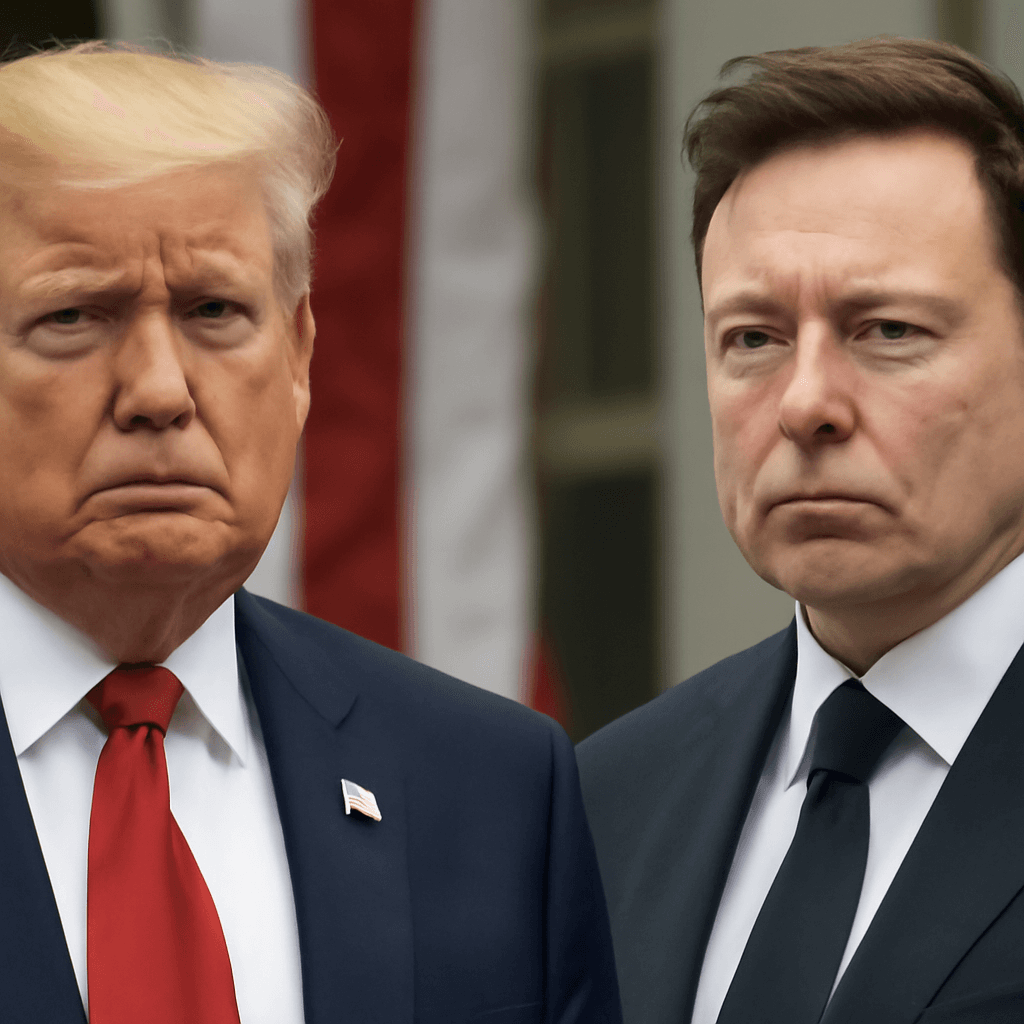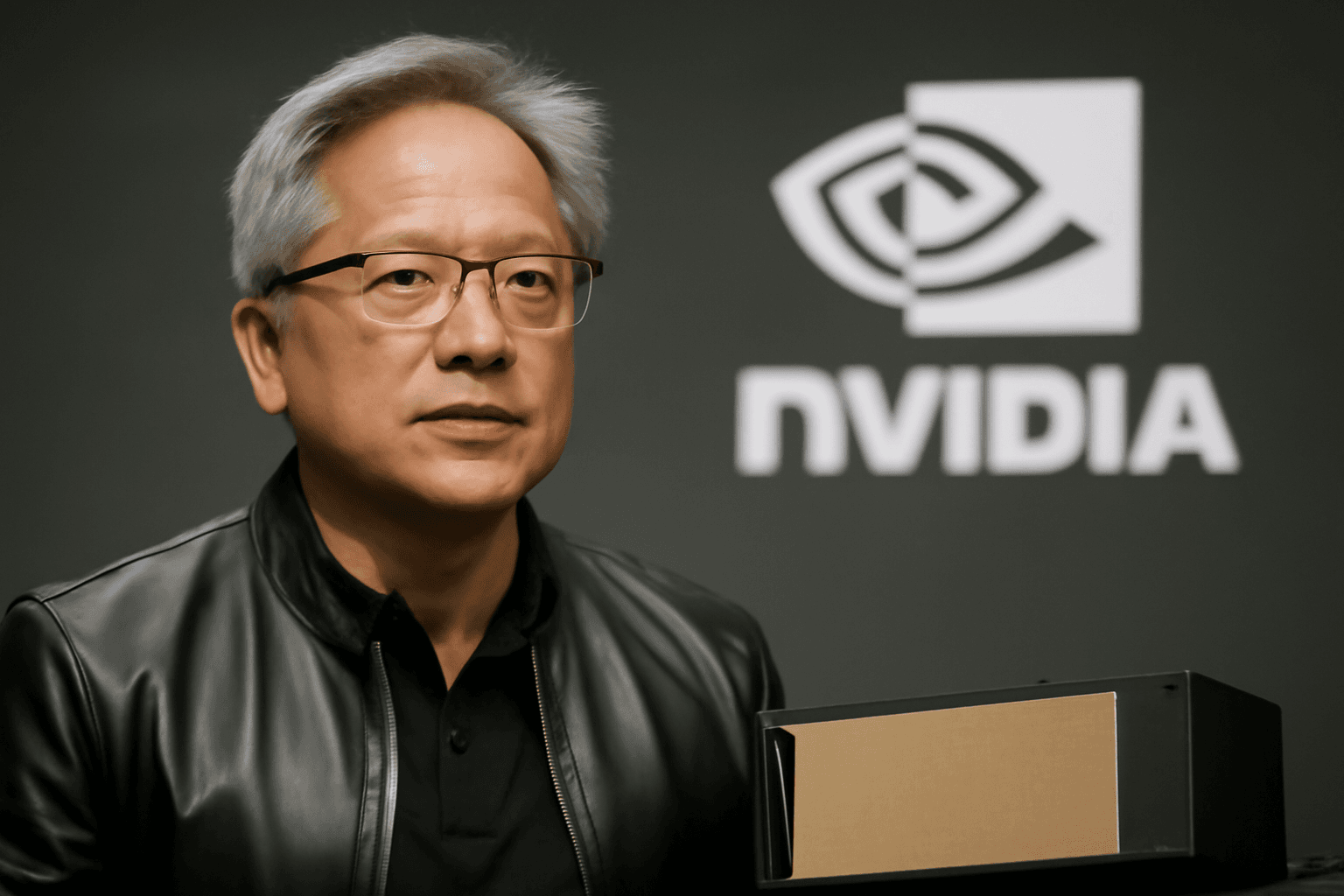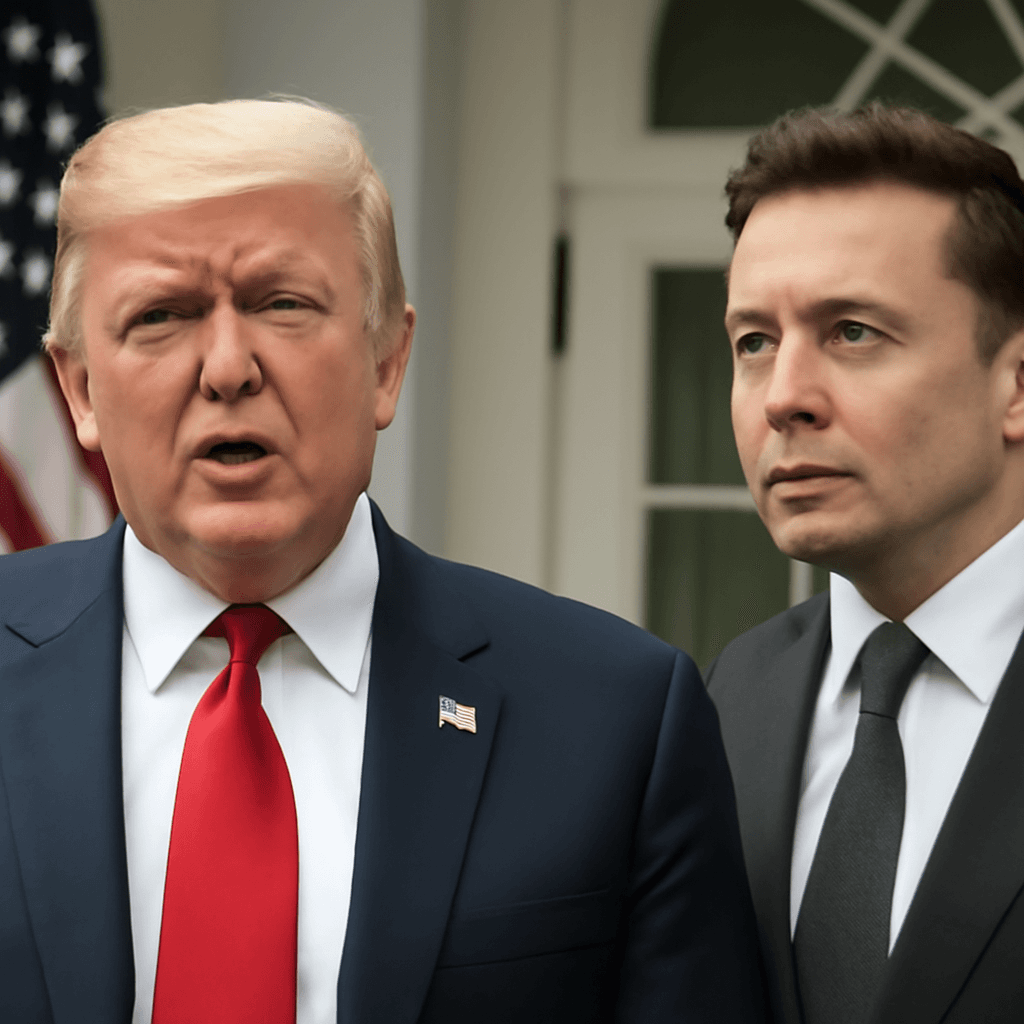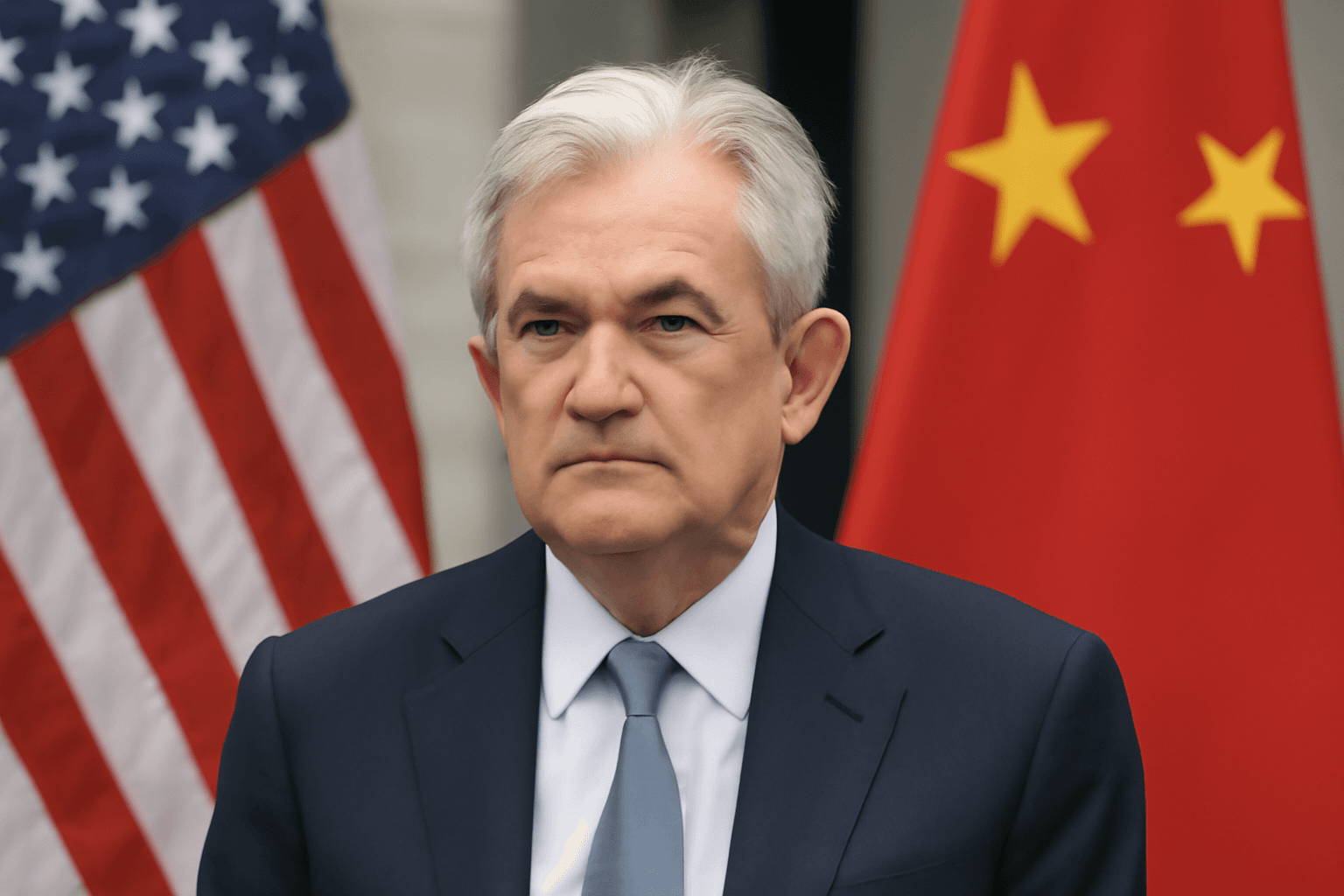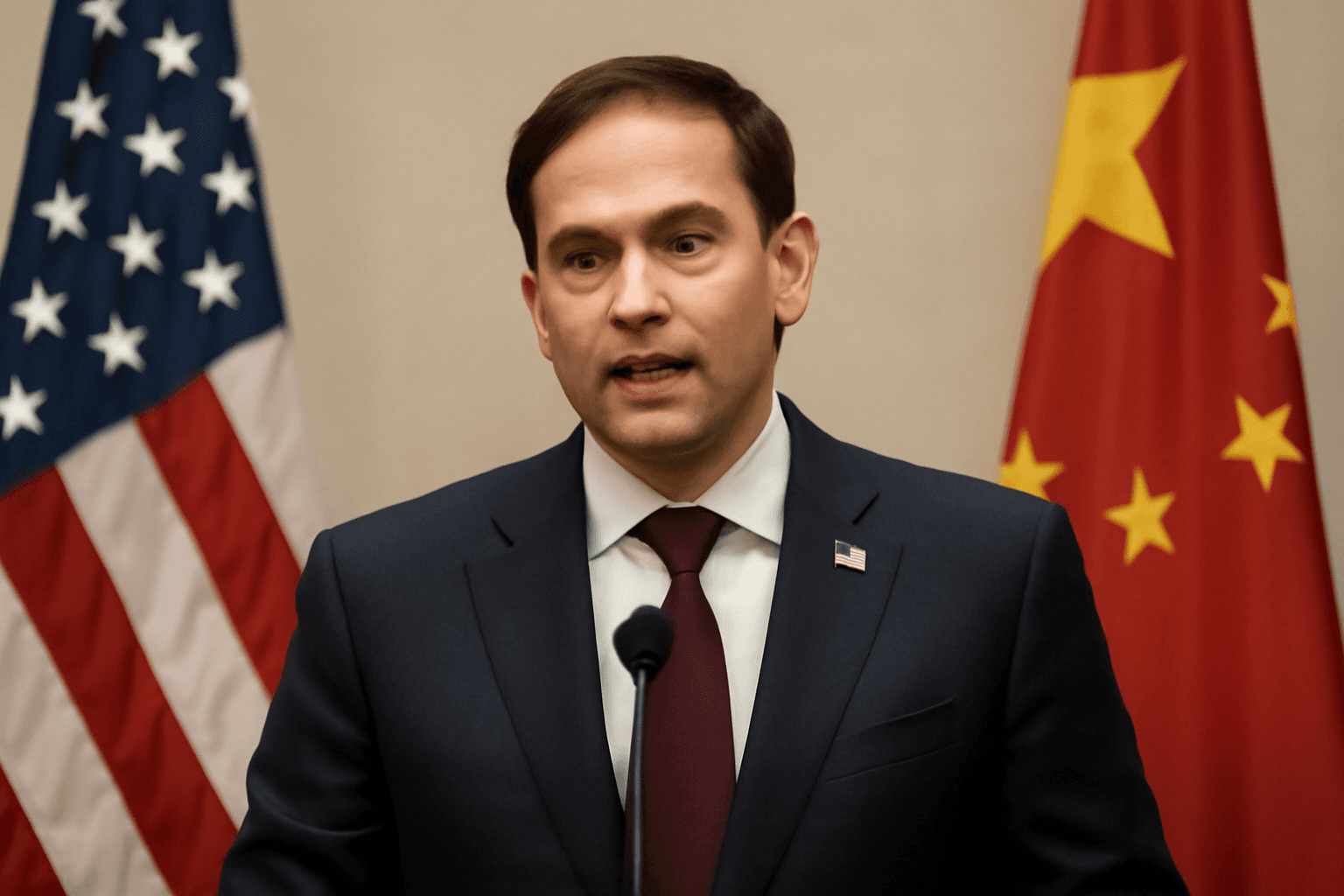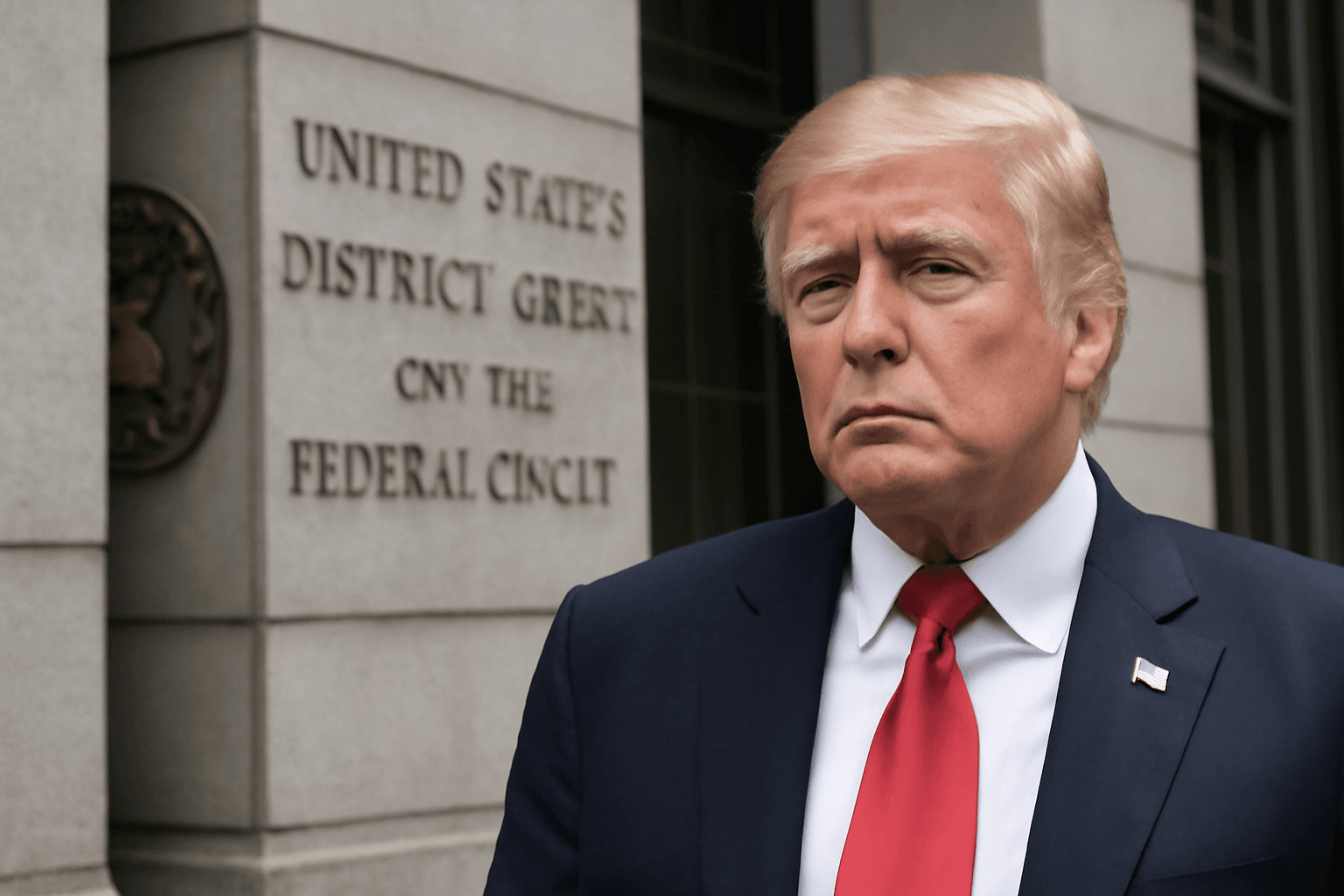A recent U.S. federal court ruling has invalidated President Donald Trump’s "reciprocal" tariffs, stating that the administration exceeded its authority under the International Emergency Economic Powers Act (IEEPA). This decision challenges a significant aspect of Trump’s trade policy and could limit future executive tariff actions.
Meanwhile, Nvidia reported a strong first-quarter financial performance, surpassing revenue expectations despite ongoing U.S. export restrictions to China. The chipmaker’s data center division, driven by demand for artificial intelligence (AI) chips, experienced a 73% year-over-year revenue increase. Overall revenue climbed 69% to $44.06 billion, although constraints on exports to China tempered even higher growth.
President Trump addressed criticisms of his trade approach, pushing back against the so-called "TACO" theory—an acronym mocking his tendency to announce tariffs and then retreat. He clarified that his tariff actions are part of a strategic negotiation process, not backtracking.
In the financial markets, U.S. stock indexes declined modestly, influenced by rising Treasury yields. The yield on the 30-year U.S. Treasury briefly hit 5%, signaling potential pressure on stock market gains amid higher borrowing costs.
Elon Musk expressed disappointment with Trump’s recent tax legislation, noting that it increases the budget deficit and undermines efforts within the Department of Government Efficiency (DOGE), where Musk plays a key advisory role. In addition, Tesla investors demanded that Musk increase his commitment to working at least 40 hours per week at the automaker, citing concerns over declining sales and the company’s faltering reputation.
Analysts continue to warn that volatility in the bond market may constrain further stock rallies, as bond yields remain a critical factor in investor sentiment.
On the international front, the United Arab Emirates is investing heavily to become a regional leader in AI technology. While the U.S. leads in advanced semiconductor chip production, the UAE and neighboring Gulf nations possess abundant low-cost energy resources necessary to support large AI data centers. Both regions are pursuing complementary objectives in the global AI race.

